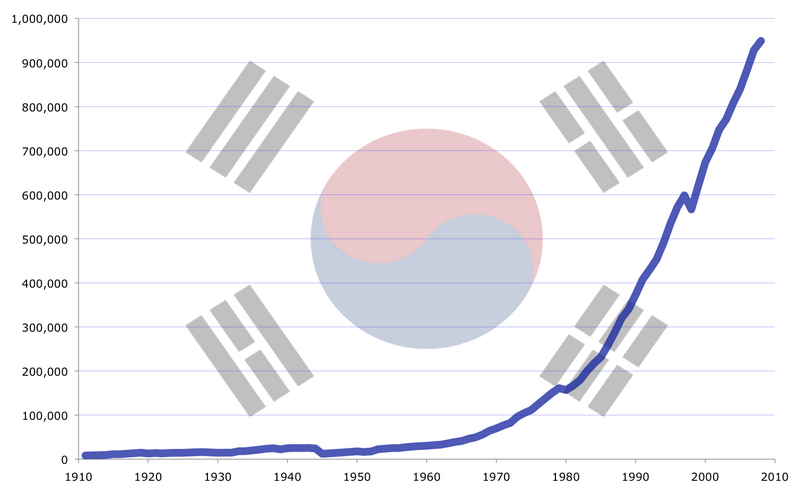My mind has been dabbling in a bit of economics, just trying to understand the subject better. I’ve mentioned before that currency valuation is no longer tied to how much gold the government has, although gold always will be valuable due to its rarity (finite number of the element in the world) and malleability, which means it can be easily melted into jewelry if there is such a demand. So, currencies like a dollar is used as a means to purchase services or goods. Thus, it is important to know how much of a value one dollar can buy. It can be a little difficult trying to grasp of what a dollar can get you for, so one way to measure this is the fun Big Mac index.
Burgernomics is based on the theory of purchasing-power parity, the notion that a dollar should buy the same amount in all countries. Thus in the long run, the exchange rate between two countries should move towards the rate that equalises the prices of an identical basket of goods and services in each country. Our “basket” is a McDonald’s Big Mac, which is produced in about 120 countries. The Big Mac PPP is the exchange rate that would mean hamburgers cost the same in America as abroad. Comparing actual exchange rates with PPPs indicates whether a currency is under- or overvalued.
and the link to the Big Mac index.
The main purpose of the index is to make it easier to grasp valuation in different currencies than reading exchange rates. At first, when I looked at the index, ofc, I thought it was amusing to use Big Macs but it’s logical because it is sold in about 120 countries and McDonald’s is a highly efficient business. Each burger and french fries have to taste the same and the way they cook them is same too. So, it’s a good way to compare prices of those burgers in different countries. My second thought was whether if it is accurate? this was just published.
(G20) Korean won 2nd most undervalued unit among G-20 currencies: data
Now, onto the Big Mac index – ‘Big Mac Index’ Finds Korean Won Undervalued
So, it turns out that the Big Mac index is accurate after all, almost dead even at 18 percent below.
One reason a dollar is the most popular currency in the world is because of how much GDP is produced every year at $14 trillion dollars in America. So, if you have $3.15 in your pocket, you can buy a Big Mac in any state out of 50 states. Dollar is that good.
You may ask why do they differ in the valuation? Well, there are many factors but in the perfect world, you would want to reach the maximum equilibrium between demand and supply. If a big mac is priced higher, then it could be that they don’t have enough burgers to meet the demand, thus priced higher. In South Korea’s case, I’m not too sure why it’s undervalued – I don’t think it has to do with the over-supply of burgers – I suppose more likely the exchange rate is not right. You’d want to have a reasonable exchange rate so that money can be used most efficiently with the help of http://paydayloan-consolidation.com/. If currency is too strong like spending almost 5 dollars for one Big Mac in Switzerland, it may curb spending and you’d only order one burger, not two and slow down the economy. If it’s too weak, it may encourage people to spend more, which is what the Federal Reserve Bank is trying to do with a $600 billion pump into the economy. It’ll weak down the currency but inflation may rise due to the money supply being greater now. That’s Keynesian economics, btw. So, it’s that delicate balance again.
Right now, the cheapest Big Mac is in China and one reason they could do that is how many people they have in the country with over 1 billion people or 100 cities with more than 1 million people, so they are just trying to meet the demand and keep the currency low. Imagine how many burgers they are feeding into. For that, perhaps you’d want to order 3 big macs. :)
Tags:


